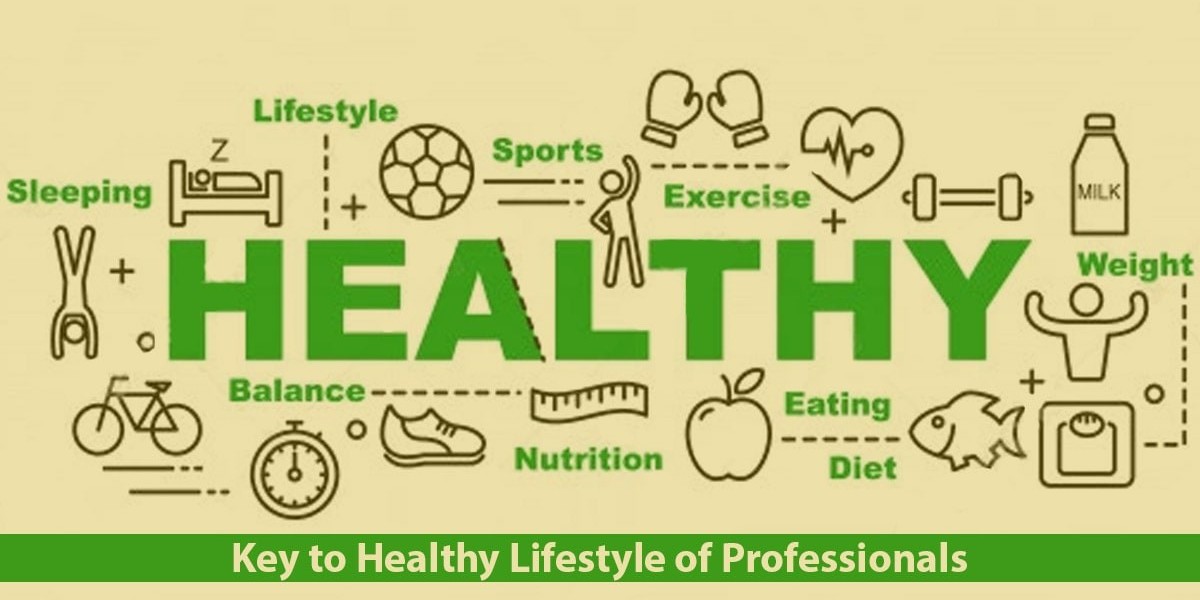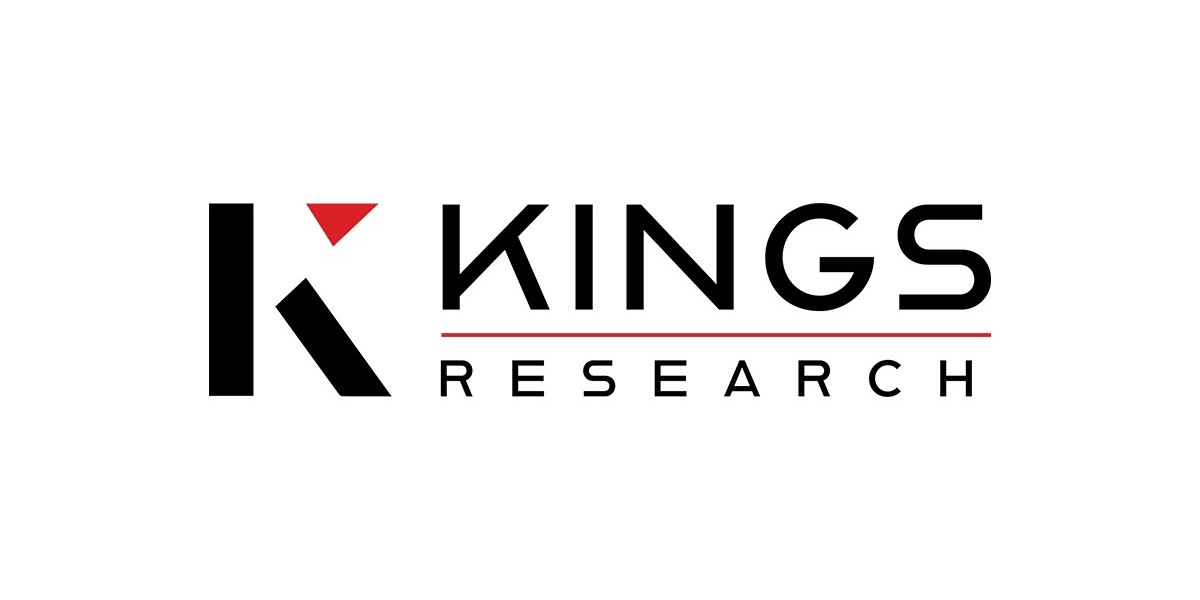As we step further into 2025, Global Lifestyle Trends are being defined by technology, environmental consciousness, and personal well-being. These trends are reshaping daily life, influencing work patterns, social behavior, and consumer choices worldwide.
From personalized wellness to digital minimalism and experiential consumption, this guide explores the most important lifestyle trends of 2025 and how you can adapt to them for a more balanced, sustainable, and fulfilling life.
1. Wellness as a Lifestyle Priority
Wellness is no longer optional—it’s central to modern living. Globally, the wellness industry is expected to reach $2.5 trillion in 2025, reflecting growing interest in health, longevity, and mindfulness.
Key Dimensions of Wellness Trends:
Functional Nutrition: Foods supporting mental clarity, immunity, and energy. Examples: adaptogen drinks, functional teas, fortified plant-based products.
Mental Health Focus: Meditation, therapy apps, mindfulness exercises, and stress management workshops.
Longevity & Preventive Health: Anti-aging practices, personalized supplements, and biohacking.
Self-Care Rituals: Skincare, aromatherapy, and at-home spa routines.
Practical Tip: Integrate daily micro-wellness habits like 10-minute meditation sessions or nutrient-rich breakfast smoothies.
2. Digital Minimalism and Intentional Tech Use
Digital overload has prompted a movement toward digital minimalism, where individuals curate technology usage for mental clarity and focus.
Ways to Practice Digital Minimalism:
Schedule device-free periods daily.
Limit social media apps to essential usage.
Prioritize high-quality digital content and avoid endless scrolling.
Use productivity tools for intentional online work, like time-blocking apps.
Impact: Improved mental health, reduced stress, better focus, and more time for offline interactions.
3. Remote and Hybrid Work Evolution
Remote and hybrid work is redefining professional life:
Flexible Hours: Employees manage their work-life balance better with adaptable schedules.
Hybrid Offices: Combining home and office setups allows efficiency and social interaction.
Tech Integration: Collaboration platforms such as Slack, Microsoft Teams, and Notion are integral.
Work-Life Integration: Wellness initiatives, ergonomic setups, and structured routines enhance productivity.
Stat: 74% of global employees prefer flexible work arrangements over traditional office hours (source: Global Workplace Survey 2025).
4. Sustainability and Conscious Living
Sustainability is no longer a trend—it’s a lifestyle. Consumers are prioritizing eco-conscious choices:
Eco-Friendly Products: Bamboo, recycled materials, biodegradable packaging.
Ethical Fashion: Slow fashion over fast fashion.
Conscious Consumption: Reduced waste, minimalism, and responsible purchasing.
Green Travel: Eco-tourism and carbon-conscious transportation.
Practical Tip: Start with simple actions: reusable water bottles, plant-based meals, and energy-efficient home solutions.
5. Personalized Health & Wearable Tech
Technology enables highly personalized health management:
Wearables: Track steps, heart rate, sleep, and stress patterns.
AI Health Apps: Provide nutrition guidance, personalized workouts, and mindfulness reminders.
Genetic Testing: Insight into predispositions for targeted wellness planning.
Example: Fitness apps like MyFitnessPal and WHOOP analyze personal data to provide actionable lifestyle recommendations.
6. Experiential Consumption & Memory Economy
People increasingly prefer experiences over material goods, creating emotional value:
Travel: Adventure trips, cultural immersion, and eco-tourism.
Events & Workshops: Music festivals, cooking classes, skill-building workshops.
Skill Learning: Creative hobbies, photography, and language courses.
Trend Insight: Experiential spending is growing faster than material goods purchases, particularly among millennials and Gen Z.
7. Noctourism and Nighttime Exploration
Noctourism—a growing trend—encourages exploring destinations after dark:
Night Markets: Cultural and culinary exploration.
Stargazing: Astronomy-focused travel experiences.
Nightlife & Events: Evening concerts, performances, and community gatherings.
Impact: Enhances tourism experiences and local economies while offering unique perspectives on destinations.
8. Nostalgic Aesthetics in Fashion and Lifestyle
Nostalgia influences design, fashion, and home decor:
Lavender Girl Summer: Soft, calming colors, nature-inspired decor, and fashion.
Indie Sleaze: Bold patterns, retro textures, and eclectic styles.
Why It Matters: Nostalgia creates emotional comfort while staying trendy, blending past and present aesthetics.
9. Cafécore and Cozy Home Environments
The Cafécore trend encourages creating cozy, café-like spaces at home:
Coffee Stations: Personalized brewing areas.
Ambient Decor: Soft lighting, plants, and comfortable seating.
Functional Comfort: Spaces that blend work, relaxation, and social interactions.
Tip: Even small corners at home can be turned into relaxing cafés with the right décor.
10. AI-Driven Personalization Across Life
Artificial Intelligence personalizes multiple lifestyle aspects:
Retail: Product recommendations based on behavior.
Entertainment: Tailored streaming content.
Travel: AI predicts travel preferences and suggests personalized itineraries.
Healthcare: AI-driven diagnostics for personalized care plans.
Impact: Increased efficiency, convenience, and satisfaction across industries.
11. Nutrition & Plant-Based Eating Trends
Plant-based diets and functional foods continue to rise in popularity:
Flexitarian and fully plant-based meals are mainstream.
Focus on immune-boosting ingredients, fermented foods, and nutrient-dense diets.
Consumers demand transparency in sourcing and ethical production.
Tip: Include more legumes, vegetables, and whole grains in your diet to follow the trend sustainably.
FAQs — Global Lifestyle Trends 2025
Q1: What is digital minimalism?
An intentional lifestyle to reduce unnecessary digital distractions and improve focus.
Q2: How is AI influencing lifestyles?
AI personalizes shopping, healthcare, media, and travel experiences based on individual behavior.
Q3: What is noctourism?
A trend promoting nighttime exploration, including night markets, stargazing, and entertainment.
Q4: How can I adopt sustainable living practices?
Use eco-friendly products, reduce waste, support ethical brands, and prioritize green travel.
Q5: What is Cafécore?
A trend focused on creating cozy, café-like home environments with ambient decor and personalized coffee setups.
Q6: How can I integrate wellness into daily life?
Combine mindfulness, functional nutrition, fitness routines, and self-care rituals consistently.
Q7: Why are experiential purchases preferred over material goods?
They create memories, emotional satisfaction, and personal growth rather than just material ownership.
Final Thoughts
The Global Lifestyle Trends 2025 reveal a shift toward personalization, sustainability, wellness, and meaningful experiences. From embracing digital minimalism to cultivating cozy home environments, these trends reflect evolving priorities that improve well-being, productivity, and social engagement.






